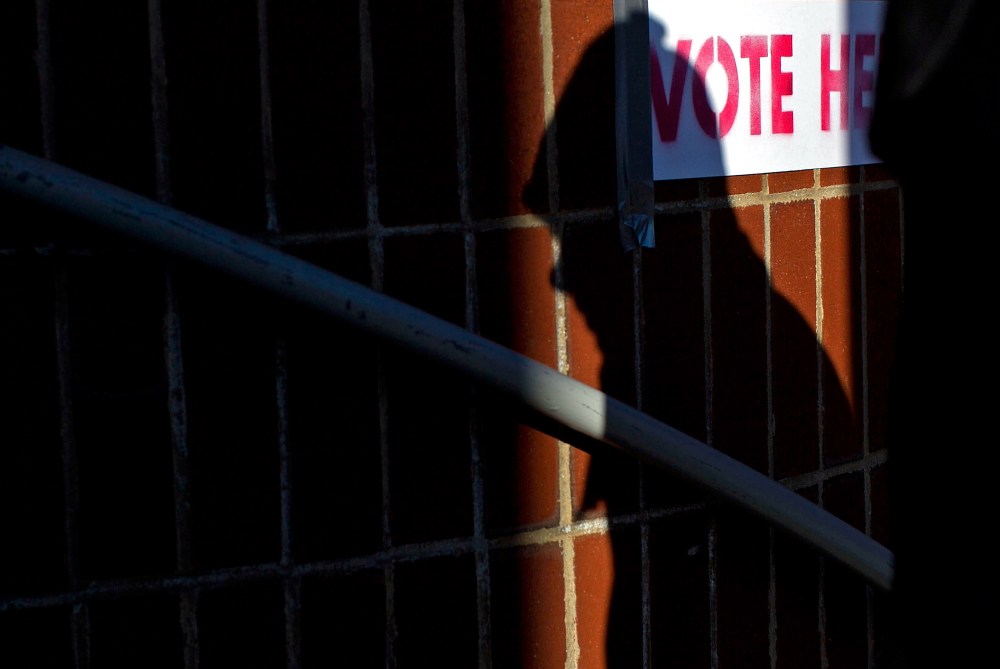If Southern Republican leaders get their way, the GOP electoral landscape could be radically altered in 2016 by moving up the primary dates for several southern states, creating a regional super primary to rival early voting states like Iowa and New Hampshire. The Southern “Super Tuesday” — nicknamed the “SEC Primary” after the Southeastern Conference in college athletics — would significantly increase the political clout of southern voters, creating a lifeline for the party’s more conservative candidates and a major roadblock for the Republican establishment.
%22For%20the%20Republican%20establishment%2C%20it%20would%20be%20a%20political%20earthquake.%22′
Five of the largest Southern states — Alabama, Georgia, Tennessee, Texas and Virginia — have already committed to participate, following a Republican National Committee rule change that allowed states to vote in caucuses or primaries as early as March 1, 2016. North Carolina’s date is up in the air and Louisiana will hold its primary on March 5.
The RNC decided to “rethink” the primary process in the aftermath of the 2012 GOP primaries, which many pundits and party leaders believed undermined eventual nominee Mitt Romney as he faced a protracted nominating process. The national party leadership group also responded by reducing the number of debates (to better control for confusion and costs) and moving up the date of the convention (to give the GOP nominee more time to raise money and to define the Democratic nominee), in order to clean up what for some had become an overly messy process.
RELATED: RNC curtails debates for 2016 nomination race
A key part of the old nominating system remains in place: Iowa, New Hampshire, South Carolina and Nevada will still go first. The conventional wisdom is that these four states — in addition to generating a high degree of publicity and fund-raising opportunities — will likely give us the next GOP nominee.
Of course, this revamped primary schedule has not sat well with many conservatives within the RNC. In his commentary on the matter, National Committeeman for Virginia and founder of the Leadership Institute Morton Blackwell noted the frustration and ongoing mistrust many conservatives have with a process that makes it almost “impossible for a less well-known conservative candidate … to come from behind and elect a majority of the convention delegates.”
And then there are those pesky penalties imposed under RNC rules on any state party that schedules presidential contests before March 1 — not to mention that any state that holds a primary or caucus between March 1 and March 15 must award its delegates on a proportional basis, allowing candidates an opportunity to compete nationally in the next round of primaries. After March 15, delegates are awarded on a winner-take-all basis, incentivizing candidates to intensify their efforts in as many states as possible.
RELATED: Fox News to narrow down GOP presidential candidates for debate
At the same time, these rules in combination with an SEC Primary could make it harder to ignore those “less well-known” conservative candidates, who would get to hang on longer and cobble together delegates for the nomination.
As a result, we could actually see four different winners emerge from each of those early contests, giving conservative candidates an advantage on Super Tuesday and Southern voters a strong say in who walks into Cleveland with an edge, if not the nomination itself.












